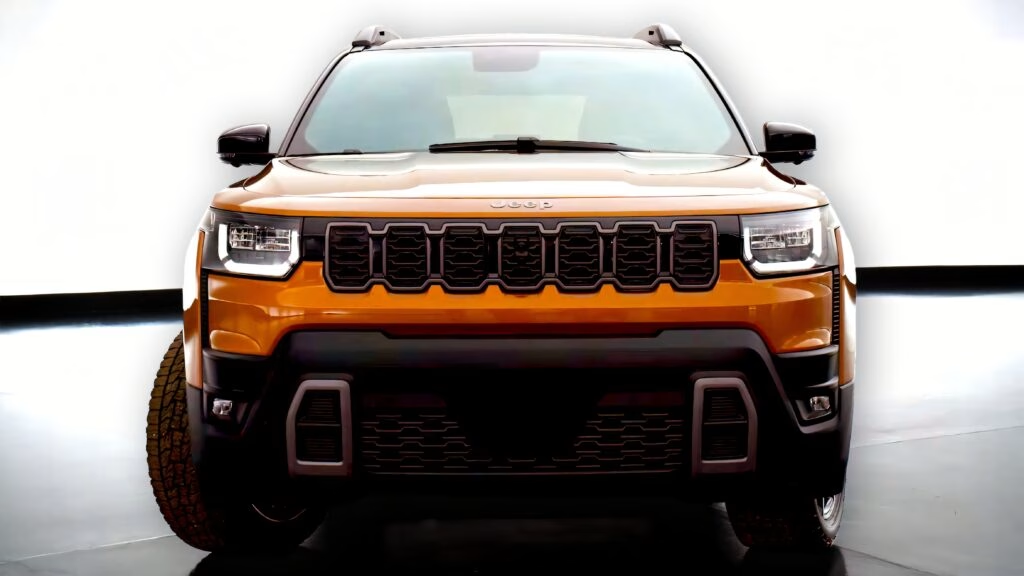The Jeep Cherokee is making a comeback, and it’s stirring up quite a conversation. After a brief hiatus, the redesigned 2026 model is set to hit the market later this year, and it’s already generating buzz among enthusiasts and casual drivers alike. But with its return comes a significant question: should Jeep have continued using the Cherokee name?
What’s New with the 2026 Jeep Cherokee?
Jeep recently unveiled the first images and details of the new generation Cherokee, and it’s clear that this isn’t just a simple facelift. The design is fresh, modern, and ready to compete in the crowded crossover market. While there were whispers about a potential name change—especially given the brand’s recent focus on new utility vehicle nameplates—the Cherokee name has officially returned. This decision has sparked a mix of excitement and debate.
The Cherokee name has a long history, dating back to the 1970s. However, the landscape has changed dramatically since then. In recent years, there’s been a growing sensitivity around the use of Native American names and imagery in branding. High schools and professional sports teams have retired names that many consider offensive, and even the Cherokee Nation has expressed concerns about the use of their name. In 2021, they requested that Jeep stop using the Cherokee name, but the company opted to keep it, stating that their vehicle names are meant to honor Native American culture.
Why Does the Name Matter?
This brings us to the heart of the matter: the significance of the Cherokee name in today’s society. On one hand, it’s an iconic moniker that evokes a sense of adventure and ruggedness, qualities that Jeep has built its brand around. On the other hand, it raises ethical questions about cultural appropriation and respect for Indigenous peoples. The debate isn’t just about a name; it’s about how companies navigate cultural sensitivities in a modern context.
Jeep has a history of rebranding and renaming its vehicles. The original Cherokee was replaced by the Liberty, which lasted for two generations before the Cherokee name returned in 2014. This history suggests that Jeep could have easily chosen a different name for their new model. Yet, they decided to stick with Cherokee, a choice that reflects both brand loyalty and a willingness to engage in a complex dialogue about identity and respect.
What’s Next for Jeep?
As Jeep moves forward with the 2026 Cherokee, it will be interesting to see how they address these concerns. Will they engage more with the Cherokee Nation and other Indigenous groups? How will they balance brand heritage with the need for cultural sensitivity? These questions are crucial as they navigate the launch of this new model.
The automotive industry is evolving, and consumer expectations are shifting. Buyers today are more informed and concerned about the values of the brands they support. Jeep’s decision to retain the Cherokee name may resonate with long-time fans, but it could also alienate potential customers who prioritize ethical considerations in their purchasing decisions.
So, should Jeep have retired the Cherokee name? It’s a complex issue. While the name carries significant weight and nostalgia, it’s essential for brands to adapt to changing societal norms. Jeep has a unique opportunity to lead the conversation around cultural respect in the automotive world.
The big takeaway? The Cherokee name isn’t just a label—it’s a conversation starter. As Jeep rolls out this new model, they have a chance to engage with their audience on a deeper level. Whether you’re a die-hard Jeep fan or a curious onlooker, keep an eye on how this iconic brand navigates the road ahead.

